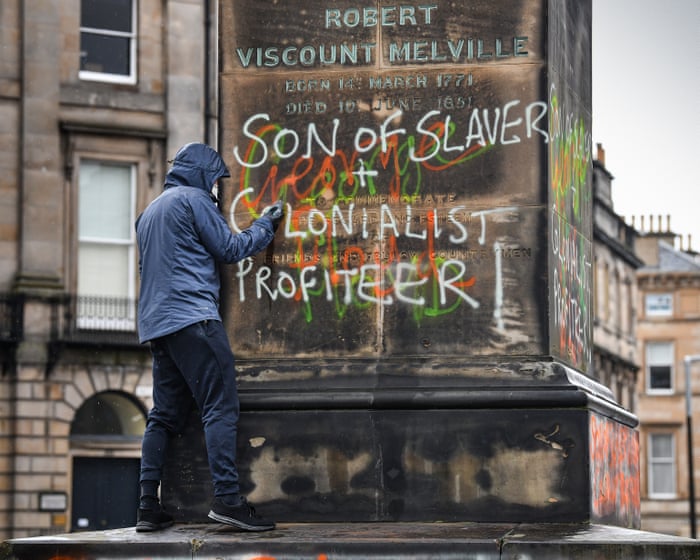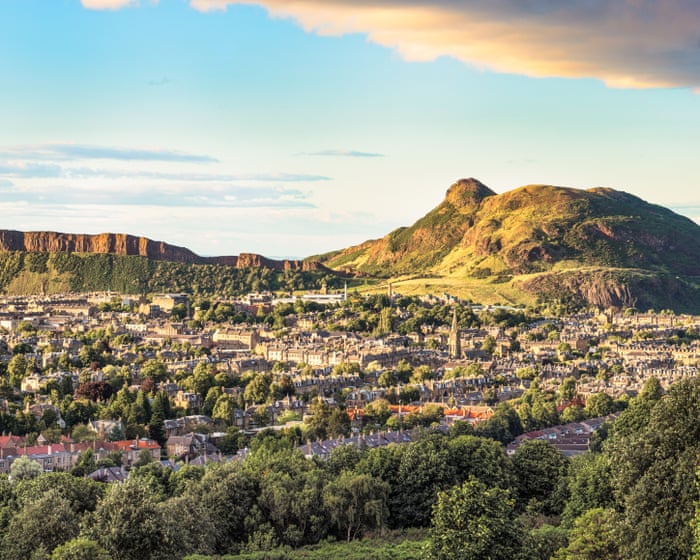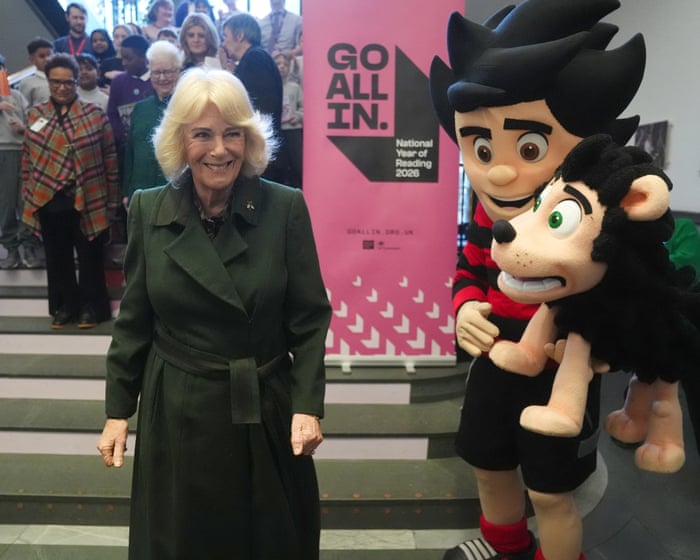Growing up in Edinburgh, I was raised to believe our city was shaped by the brilliance of the Scottish Enlightenment. This narrative was woven into our identity, celebrated as Scotland’s proud gift to the world. We walked past statues of David Hume and Adam Smith, claiming their intellect as our heritage. Yet no one spoke of what made their brilliance possible—whose labor built their wealth, whose lives were stolen and broken by the consequences of their ideas. Edinburgh was presented as a city of genius, not complicity. That silence shaped who we became.
Now, the University of Edinburgh’s review of its ties to slavery and colonialism joins a growing reckoning across Scotland. It challenges the stories we’ve long told—and loved telling—about ourselves.
Scotland often casts itself as a victim or bystander of empire, ignoring its active role. Many of us, through family histories, have always known this was a lie of omission—one that erased our full story and denied our place in it.
The university’s findings are stark: financial ties to plantations, support for racist pseudoscience, and memorials to colonial figures. For Black and Brown Scots, this isn’t new—it’s confirmation of truths long denied. Yet even now, we face resistance—defensiveness, minimization—as Scotland struggles to confront its past.
This work has been led by people like Geoff Palmer, Stephen Mullen, Zandra Yeaman, Lisa Williams, and Shasta Hanif Ali, who’ve uncovered hidden histories and helped many of us reclaim our place in Scotland’s story. The university’s report adds to their efforts. But what comes next?
Race was constructed, in part, by Scotland’s “great men,” and their legacy still harms us today. In 2024 alone, Police Scotland recorded 4,794 hate crimes. Black and minority ethnic Scots are 60% more likely to live in deprivation and face discrimination in jobs. These inequalities stem from Enlightenment-era racial hierarchies—false ideas used to justify slavery and colonialism, still poisoning lives today.
What happens next must go beyond apologies and symbols. It must be real, lasting change.Education is crucial—not only to set the record straight but to reimagine and build a better nation. Schools are already taking steps forward. Programmes like Education Scotland’s Building Racial Literacy and groups like The Anti-Racist Educator offer essential training and resources. But these efforts need more support—greater funding, expansion, and political backing—to truly reshape how we understand ourselves, embed anti-racism in our institutions, and teach Scotland’s history.
In 2022, Edinburgh Council approved the Slavery and Colonialism Legacy Review, which included a public apology and the formation of an implementation group led by Irene Mosota to guide reparative actions. One such initiative, Disrupting the Narrative, has been central to my work as Edinburgh’s makar (poet laureate). Other examples include the Scottish BPOC Writers Network’s gatherings at the University of Edinburgh and the mentorship provided by We Are Here Scotland. This work isn’t symbolic—it’s fundamental. It helps us rebuild from the margins, rewriting ourselves into Scotland’s story and the stories we tell.
This is an ongoing, unfinished conversation—one that must acknowledge intersectionality, foster solidarity, and challenge the far right’s misuse of pseudoscience and historical denial. Opposition to anti-racism is often dismissed as resistance to “political correctness,” while calls for decolonisation are mocked or misrepresented. But silence is complicity.
History isn’t fixed. Our story isn’t over. We must face our past honestly—taking pride in Scotland’s social justice movements while also acknowledging the truth of who built this nation. That means questioning our past, confronting our collective amnesia, and listening to voices long ignored.
The time has come, Scotland. The time is now.
Hannah Lavery is a Scottish poet and playwright. She will appear in Disrupting the Narrative – A Performance at the Edinburgh International Book Festival.
Do you have thoughts on this article? To submit a letter (up to 300 words) for publication, please email us.



